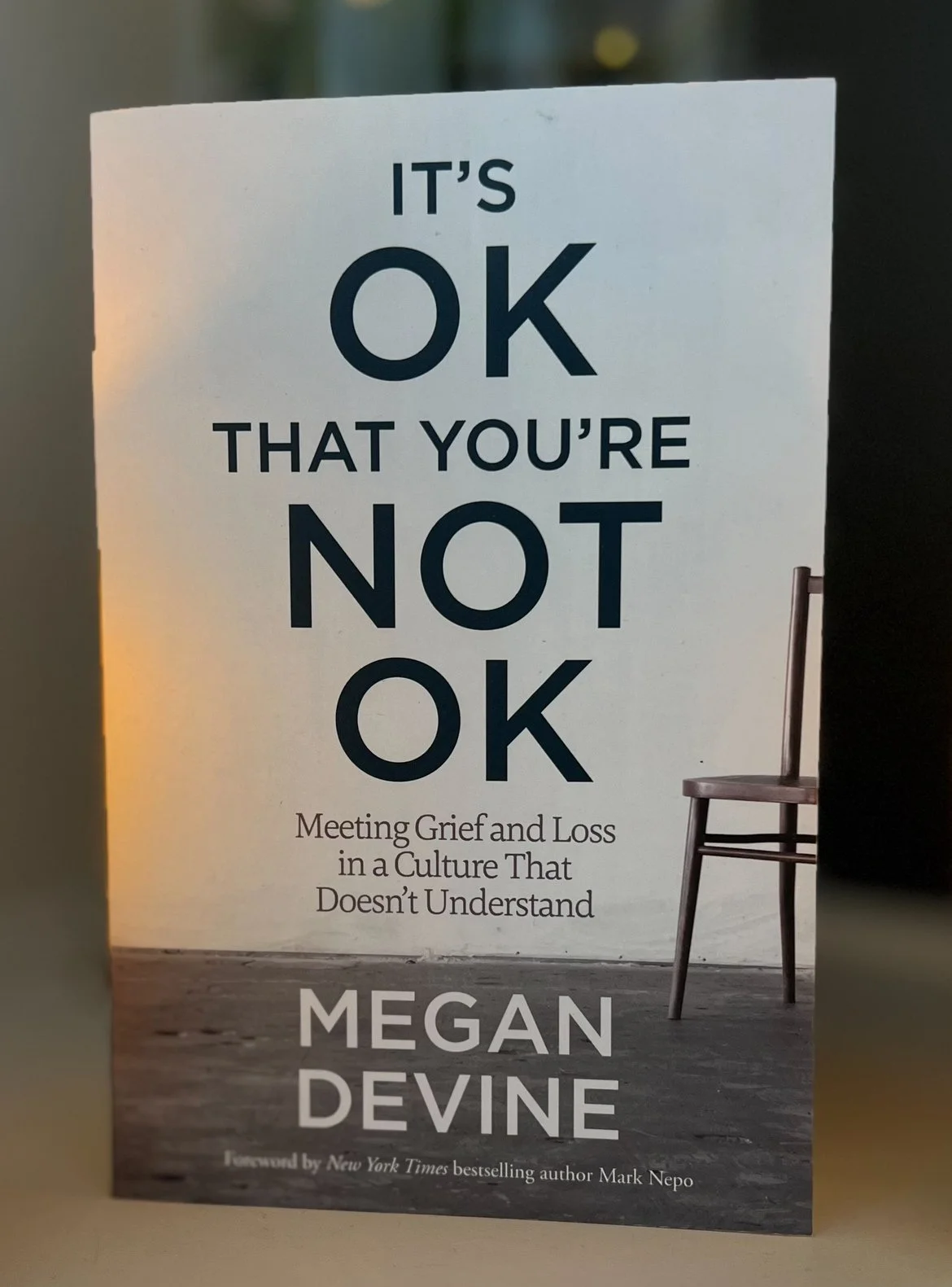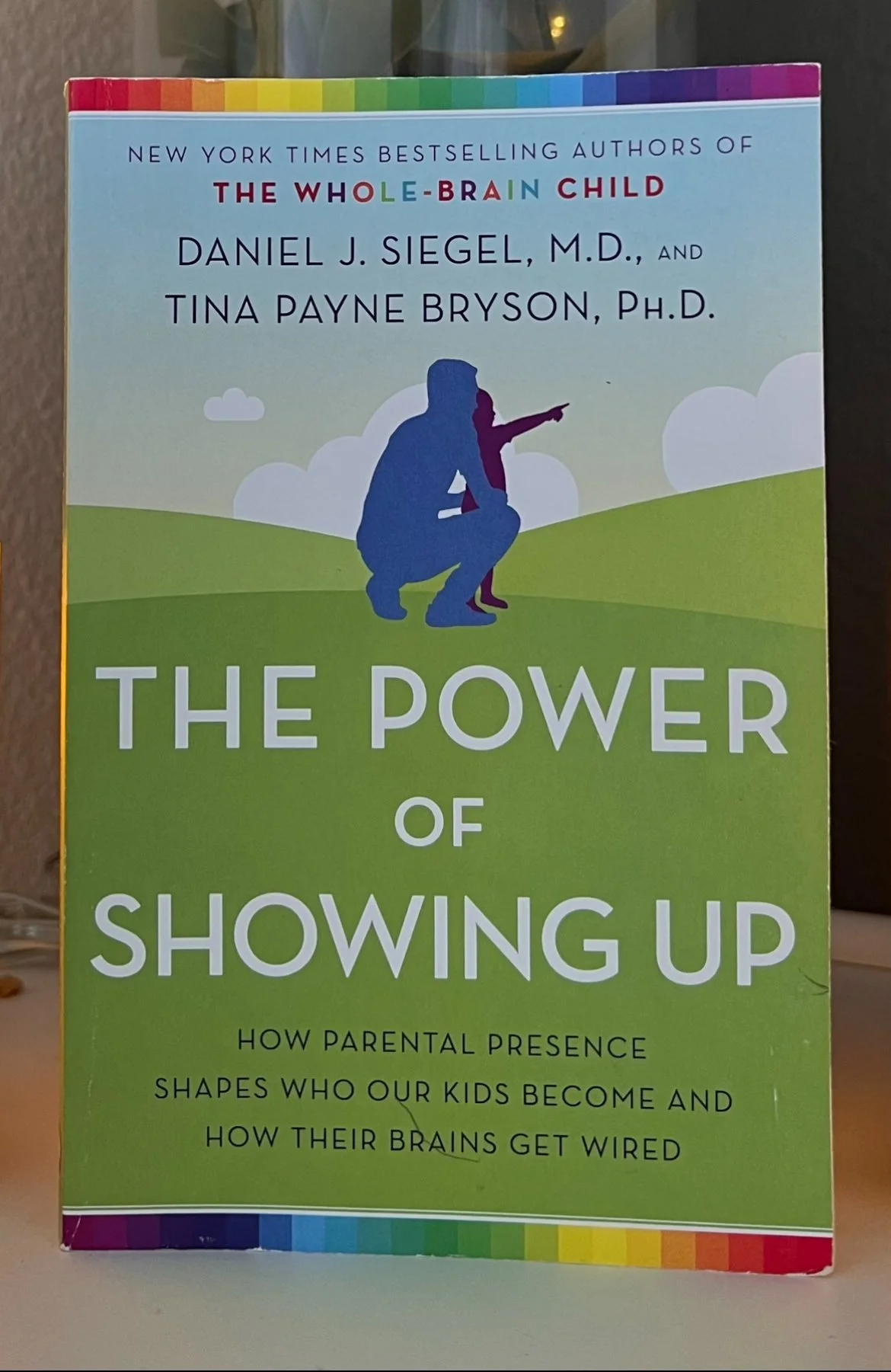It’s OK That You’re Not OK: Meeting Grief and Loss in a Culture that Doesn’t Understand (2017) By Megan Devine
This book highlights the unfortunate way that our culture approaches grief: as a problem or ailment that needs to be “fixed”; and how those of us who are experiencing grief often feel worse or even “abandoned” by those who attempt to offer support. From the lens of the author’s personal experience, this book challenges that grief cannot be fixed but should be “carried” and offers insights about how we might help to do that. For example, the best way to offer support to those who are grieving is not to say the perfect thing to help them feel better, but rather to be present so they don’t have to sit in the pain and loss alone. Sometimes the best thing you can say is nothing at all. We certainly have a cultural expectation that everything needs to be “fine” or “ok” and have a myriad of ways for masking our challenges and/or sweeping things under the rug. As a result, there appears to be a discomfort for holding space for pain and we are left to hurt in silence and isolation when we are grieving, which only makes it worse. One of my favorite lines in the book helped to affirm why I have always felt so comforted by the Harry Potter series (books and movies alike), stating “They were dark. J.K. Rowling dove into that darkness, never once making it syrupy or pretty or sweet. Things did not turn out OK in the end, even though there was beauty in the end. Loss, pain, and grief all existed in that world, and they were never redeemed. They were carried.”
How did I hear about this book: Recommended by one of my clinical supervisors.
Would I recommend this book to my colleagues: Absolutely
Would I recommend this book to my clients: I have recommended this book to clients, friends, family members, and strangers. This book is written for the general public as an audience.
How do I apply this content to my work: I don’t market myself as a therapist who specializes in grief, but I have had enough personal experience that I feel like I can offer that clinical support in the context of my specialties of trauma and addiction. That being said, this book offers great structure to provide enough of a buffer between the client’s experience and my own (allowing me to minimize or even avoid use of self-disclosure) by offering significant discussion topics, as well as establishing realistic expectations around goals to help move forward in their grief rather than try to heal it, as well as that I will make space for my clients to experience their grief in order to support them in carrying it.




